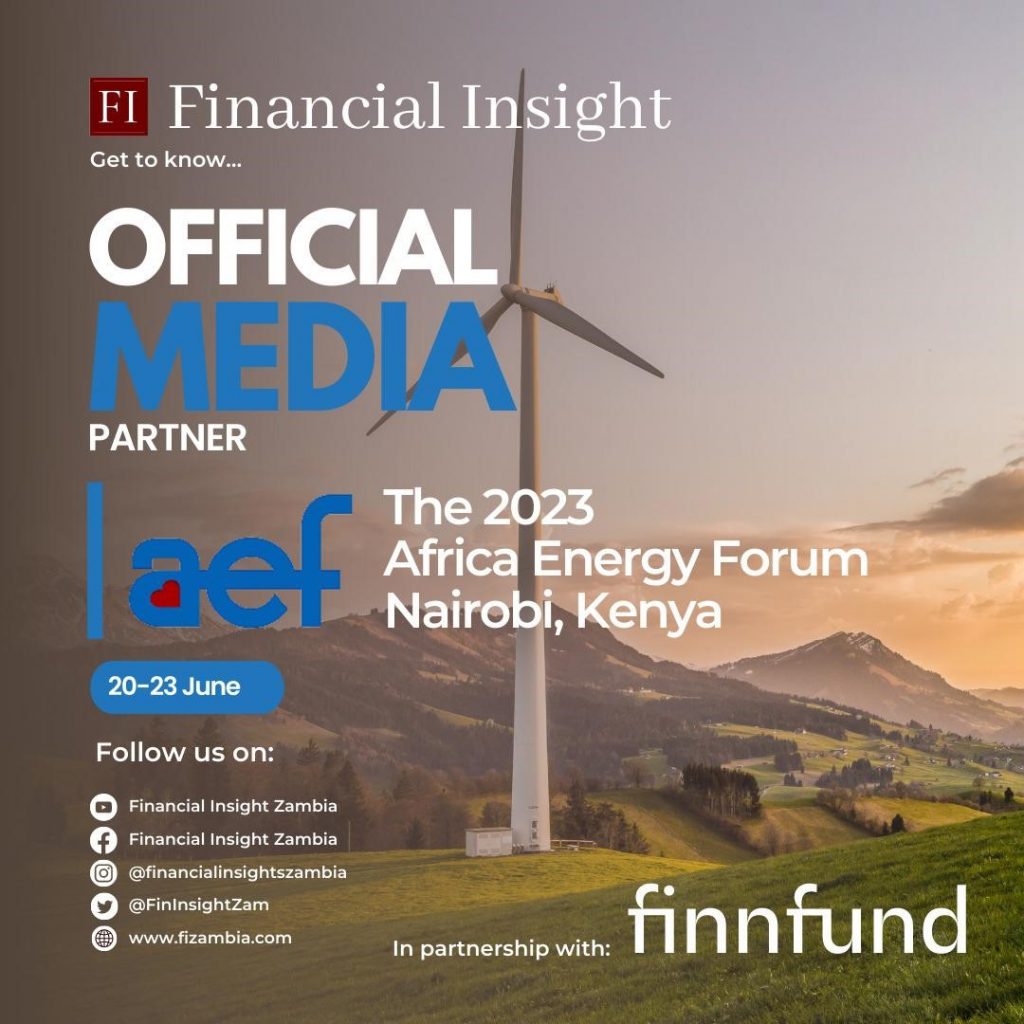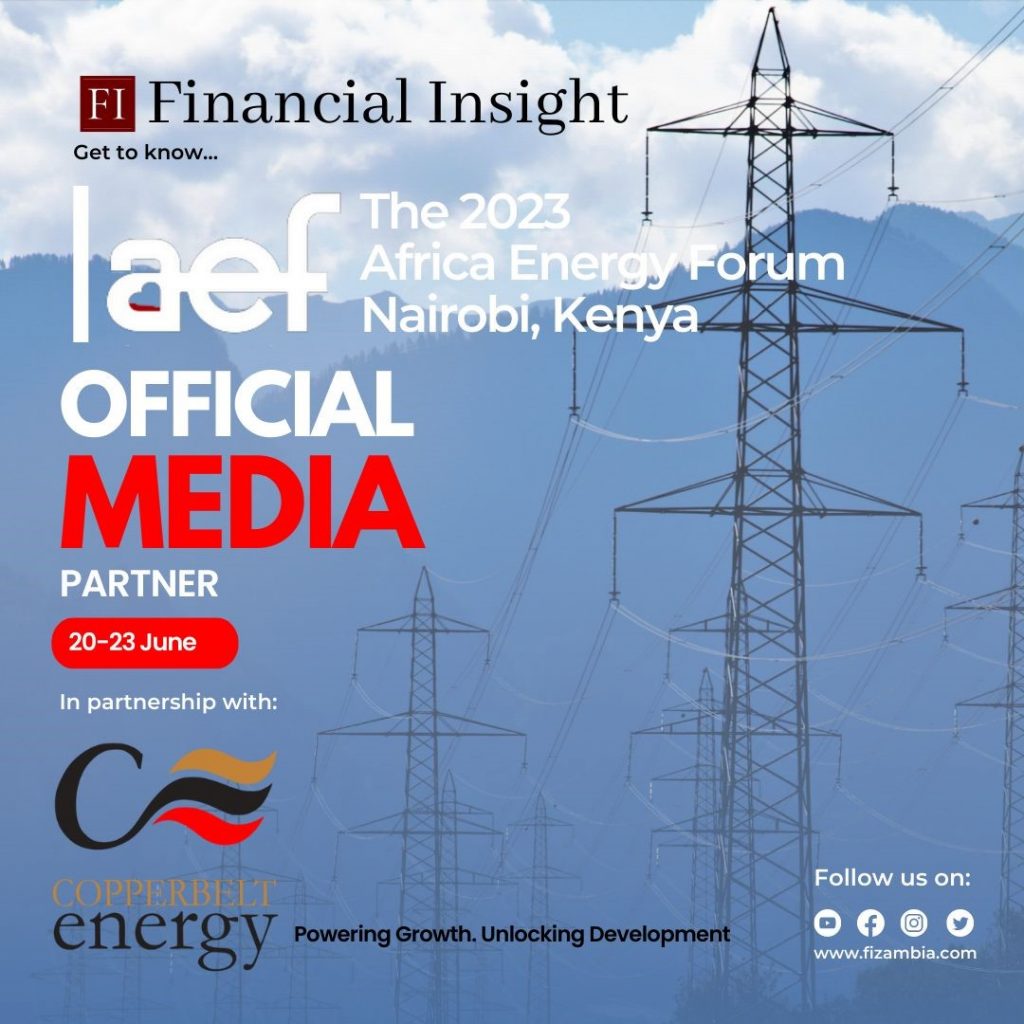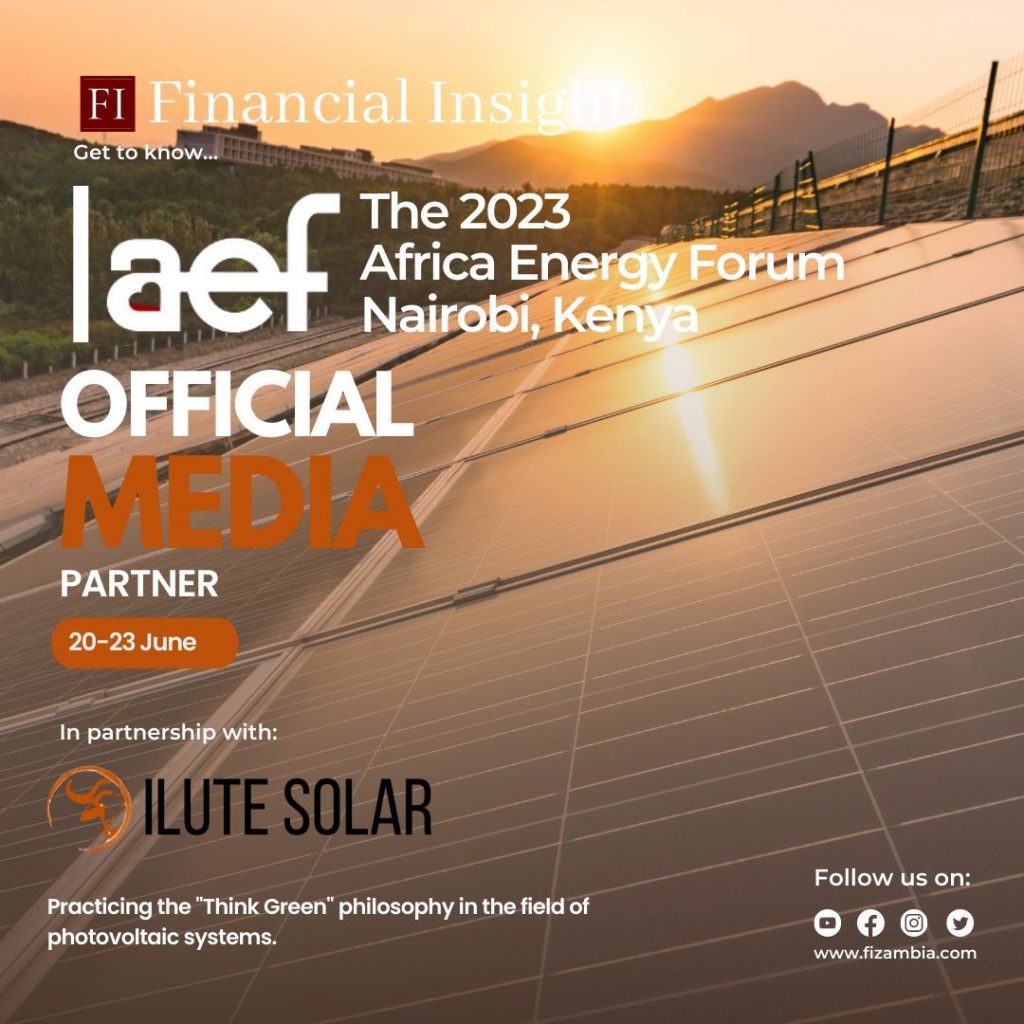Distinguished guests,
Regardless of whether we like to acknowledge it or not, humanity today must confront not just a defining moment in the history of our existence, but also the fact that the unprecedented existential crisis of climate change has a lot to do with our relationship with energy.

Energy makes human life safer, human activity more efficient and society better. The different ways in which societies access and utilize energy describe the contours of human productivity and inequality, and also define our contributions to the worsening climate crisis.
For these reasons, the world now has clarity on the right, as well as the wrong ways of sourcing energy. The question of whether we need energy at all shall never arise, because that is the mandatory fact of life. The matter of how we cater for our energy needs must therefore escalate to the highest priority of humanity’s urgent existential concerns, and must continuously occupy us all.

In the discourse about energy and climate change, it is impossible to be neutral, or disinterested: We can be part of the problem and at the same time contribute to its solution in varying ways. For instance, Africa, with 16.7% of world population, has historically been the world’s smallest contributor to the problem, cumulatively emitting less than 2.9% of greenhouse gas emissions.
At the same time, Africa bears the disproportionate burden of the adverse impacts of climate change, including extreme weather phenomena whose devastating consequences range from drought and starvation to floods, landslides and water borne diseases as well as massive destruction of property, infrastructures and livelihoods.

Moreover, Africa is home of the world’s greatest concentration of people without access to efficient and ecologically sustainable energy, with 600 million people having no electricity and 900 million without clean cooking energy.
Further, Africa as a continent is heavily endowed with clean, green and renewable energy resources as well as the essential minerals required by the global energy transition that humanity must undertake to avert a climate catastrophe.

For the reasons set out above, it is both appropriate and ironic that Africa has remained a leading actor and voice in global climate action efforts. There is no doubt that for four decades now, Africa has been robustly and consistently involved in national, regional, continental and global discourses aimed at finding effective solutions to the climate change problem. This commitment has highlighted Africa’s unique place in the global energy and climate matrix, and at the same time positioned it as the clean, green continent of the future.
The 25th edition of the Africa Energy Forum, therefore, reminds us about the history, progress, achievements, vigour and consistency of Africa’s commitment to developing a viable pathway towards energy access and effective climate action. For three decades, a broad spectrum of African agencies, has assembled annually to pursue dedicated dialogue on our unique energy imperative. For 25 years, African governments, energy sector utilities and regulators, development finance institutions, innovators and technology providers, have sustained a commitment to collaborate and take action to move Africa in the direction of its Paris Agreementgoals.
Kenya’s experience of energy sector potential, policies, investment opportunities and projects exemplify the huge possibilities within the African energy and climate action complex. Allow me to illustrate.
Decades ago, Kenya boldly invested in the development of its renewable energy potential at a time when it was not fashionable to do so. The decision has paid off: Renewable sources form 73 % of our installed electricity generation capacity, accounting for over 90 % of electricity generated and distributed in the country.
Additionally, through appropriate incentives and a conducive investment climate, Kenya has mobilized necessary investment to instal the biggest wind power plant in our part of the world – the Lake Turkana Wind Power Project.
At the same time, we are steadily exploiting and deploying available geothermal potential, currently estimated at 10,000 Megawatts. What Kenya has learnt from these developments is that it is possible to achieve ambitious development goals while maintaining clean, green energy commitment.
Energy is one of the fundamental enablers for the transformation agenda under the infrastructure component of our bottom-up economic transformation agenda. Partnerships and collaborations in the energy sector are premised on the fact that Kenya is endowed with substantial renewable energy resources, which constitute a highly attractive investment profile. The opportunities include:
a) Proven wind energy potential of 30,000MW with 346W per square metre and speeds of over six metres per second. A wind resource atlas is available to show high value wind power prospects. The Lake Turkana Wind Power Project, with a capacity of 310 MW is the largest in Africa.
b) Average annual solar insolation estimated at 4-6 kilowatt-hours per square metre per day. Opportunities exist for both off-grid and on-grid options. A Kenya off-grid solar access project (KOSAP) is under implementation but covering 14 under-served counties. There is potential to expand the coverage to other needy counties.
c) Tremendous geothermal energy potential currently estimated at 10,000 MW, out of which less than 10% (950 MW) has been exploited. Kenya is already the 6th largest global producer of geothermal power.
d) 6,000 MW of both large and small hydro-electricity potential
e) 300 MW of potential for co-generation in the sugar cane factories in Western Kenya
f) 29-131MW of biogas potential using various feedstocks. A 2 MW biogas power plant is already operational in Naivasha and is using flower waste.
As already mentioned, renewable energy in Kenya currently accounts for 73% of the installedpower generation capacity. In terms of utilization, renewable energy accounts for 90 % of the power generation dispatch. We are on course towards achieving our target of 100 % clean energy by 2030. Additionally, we have set a national target to achieve 100% access to Clean Cooking by 2028.
With an installed electricity generation capacity of 3,322 MW, Kenya has made significant achievements in electricity access over the past seven years. It raised connectivity from below 30 % in 2013 to over 77% currently. This success was driven by a robust policy and regulatory framework that enabled both public and private investments in the power sector to profitably invest in expanding access throughout the country. This is how Kenya became a global leader in renewable energy exploitation and is on track to meet or exceed its Paris Agreement pledge, leading the way for more, equally or even better-endowed African countries to invest in renewable energy production.
Access to clean cooking is an important national policy priority and a fundamental component of our bottom-up economic transformation agenda. A bioenergy strategy has been formulated to guide the process towards universal access to modern cooking energy. In 2021, an energy compact on clean cooking was prepared and submitted atthe High-Level Dialogue on Energy, expressing Kenya’s commitment to accelerate access to clean cooking.
As part of implementing the Compact, Kenya is launching an energy transition programme where all public institutions shall shift away from biomass cooking fuels to cleaner and sustainable options. At the same time, Kenya advocates the establishment of the International Day for Clean Cooking as a way of sustaining the momentum towards universal access to clean cooking.
As many delegates can confirm, and the rest will shortly confirm, Kenya is deeply committed to the agenda of the Africa Energy Forum. We affirm this Forum’s confidence that with the right policies, investments, technologies and innovations, our economies can facilitate unprecedented transformation in competitiveness while at the same time making decisive progress in climate action.
In other words, Kenya would like very much to be cited as an example that bold socioeconomic transformation and climate action are not mutually exclusive and indeed, can be pursued most successfully together.
I also want to state that Africa will remain an indispensable player in global transitions to climate action, new industrialization and green energy for a while and for this very reason, will highly reward investors who are making their moves now or very shortly. The opportunities are vast.
Sustainable energy development lies at the heart of our vision. Investing in renewable energy sources such as solar,wind, hydro, and geothermal power is not only a responsible choice but also a pathway to a more prosperous and equitable Africa. By transitioning away from fossil fuels, we shall contribute to global efforts to mitigate climate change, protect our environment, and secure a sustainable future for generations to come.
Sustainable energy development requires sufficient scale to ensure universal energy access and affordability. There exists more opportunities to bridge the energy access gap and ensure that both urban and rural areas, underserved communities, and marginalized groups have access to the energy they need to thrive. This calls for inclusive energy policies, innovative financing mechanisms, and targeted policy interventions to reach those who need it most.
Isolation and unilateral effort is becoming costly in the era of Pan- African regional and continental integration. Regional energy cooperation and collaboration are of paramount importance. By working together, African countries can maximize their collective potential, share resources, and enhance energy security, stability, and efficiency. Cross-border energy infrastructure projects, such as regional power grids and interconnections, will not only facilitate energy trade but also foster regional integration and economic growth. This singular moment, when energy connectivity powers Pan-Africanism, while PanAfricanism drives energy infrastructure connectivity, is also our opportunity to strengthen partnerships and build a united, interconnected Africa.
The purpose of this forum is to share this secret, which is hidden in plain sight, with a broader global audience of investors and innovators: the Future is powered by African Energy.
This is why Kenya is honoured to host the 25th Africa Energy Forum, and why I am delighted to have this opportunity to engage with you this morning.
I welcome all our visitors, wish you all a pleasant stay in our Green City in the Sun, and encourage you to make a little time to experience the warmth, beauty and delightful charms of Magical Kenya.
Finally, I look forward to engaging further with insights from the outcomes of your engagements, and wish you productive deliberations.
The Africa Energy forum is now officially opened.
Thank you.
God bless you.
God bless Africa.





